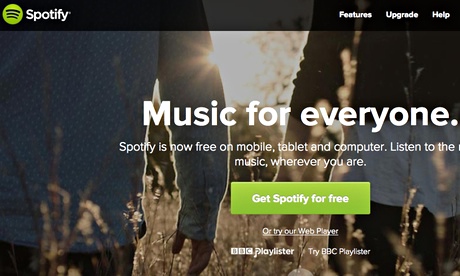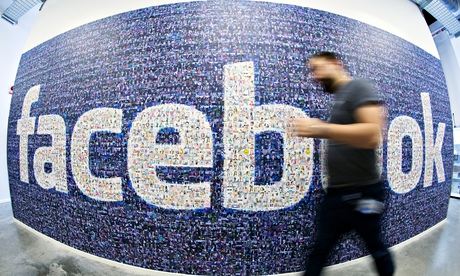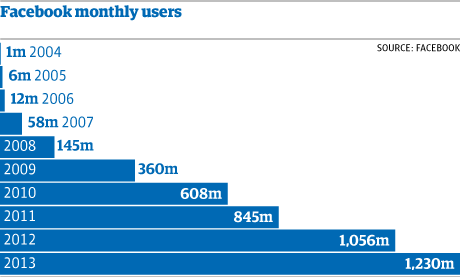Spotify Premium membership offer for Times subscribers
News UK strikes deal for year's membership to digital music service for all subscribers to newspapers' digital pack

Subscribers to the Times and Sunday Times will be offered a free year's membership to Spotify Premium as part of the latest deal struck by News UK to enhance its paywall offering. Under the exclusive deal, which Spotify said is the first it has done of this nature with any media owner, the newspaper publisher is offering a free year's membership to Spotify Premium, the music service's £9.99 a month service, as part of the package available to subscribers to its two quality titles.
It was said that the service is aiming to "boost the uptake of the Times and Sunday Times' 153,000-strong digital subscription base – and 207,000 print subscribers – as well as push more consumers onto its top-priced packages to increase revenue from its paywall model."
This deal should in theory...
- Improve the Times and Sunday Times' ratings
- Improve the ratings of Spotify
- Allow a wider range of audiences due to everyone loves to listen to music
In my opinion, tactically its a good strategy as giving people something which they like to do for free is always a good idea from a marketing perspective as audience are made to believe they are benefiting more than the organisation themselves. Ratings is key in terms of the Time and Sunday Times and therefore this idea should help boost them.
Facebook's 10th birthday: from college dorm to 1.23 billion users
Mark Zuckerberg's social network has straddled the planet in its short life – and plans many more big strides

"I don't know if the balance has swung too far, but I definitely think we're at the point where we don't need to keep on only doing real identity things," told Mark Zuckerberg to BusinessWeek recently. "If you're always under the pressure of real identity, I think that is somewhat of a burden."
What does the future look like? According to Facebook, exactly 10 years after the social network was created, the future is called Paper. But it's not quite as nostalgic as it sounds. This is the future where we write, film and share our stories via our mobile phones. A sleek cut-down version of the Facebook site, Paper replaces buttons with touchscreen swipes, and uses full-screen to play video on the handheld devices, where the future of the internet will be fought. But Mark Zuckerberg, Facebook's 29-year-old founder, also wants to hire human editors to promote the most interesting content, harking back to newspapers themselves. In this case, the retro nomenclature represents something more: a desire to find new ways to make Facebook more relevant to the human desire for communication, by enlisting people themselves. It is a sign that Facebook is looking to secure its place in the firmament by branching out into new forms of communication. By the end of 2013, Facebook was being used by 1.23 billion users worldwide, adding 170 million in just one year.
Part of Facebook's success has been timing, says Dr Bernie Hogan, research fellow at the Oxford internet institute, because the world was ready for a shared list of connections that works like a supercharged, definitive phone book for the digital age. "Before Facebook, we had to cover up our identities online and there was uncertainty over who to trust. Facebook gave us the notion that it was safe, and useful."
- Facebook accounted for 5.7% of all global digital advertising revenues in 2013
- 18.4% of mobile ad spend
- Floated at $38 a share
- The stock now is estimated at $61.76.
Personally I believe that Facebook has reached its peak in terms of social networking and youths are now onto the next big craze. Whatever becomes popular, youths will move to therefore on Facebooks behalf, its something which is out of their control however it has had an amazingly long run which does not tend to happen in this day and age online.
